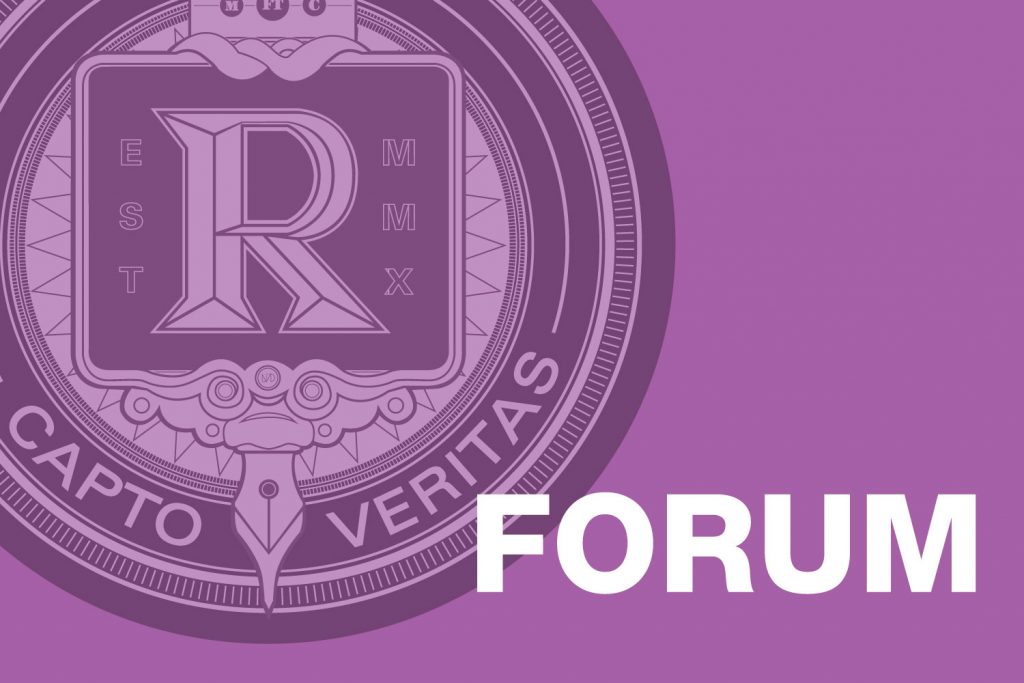American Versus Russian Immigration
In general, who are the immigrants in the United States today? Who in modern America decides whom Americans consider “fellow citizens,” and who should be expelled from the country?
At first glance, the goal of strengthening national identity might appear plausible, but it’s necessary to dismiss President Donald J. Trump’s unethical immigration policies.
The national consciousness of any country is determined by the identity of all national and ethnic groups living in that country. Well, who are Americans today? Anyone who considers himself or herself an American or someone who holds a U.S. passport? Such a controversial issue, isn’t it?
It is ridiculous to look for the causes of domestic American problems such as political, economic and social issues as caused by a group of people who moved to the U.S. from other countries.
It is difficult to imagine the deportation of large numbers of people who consider the U.S. their new home and are ready to create new families, raise their children and work for the benefit of a strong America.
Of course, the problem of immigration has risen on the agenda of other countries, not just the United States. For example, in Russia, this problem has existed since the collapse of the Soviet Union, when the inhabitants of the former USSR countries (mainly Central Asia) came to Russia searching for jobs.
Soon a real “seasonal” migration boom began in the Russian Federation. Thousands of people from Uzbekistan, Tajikistan, Kyrgyzstan, Turkmenistan and other countries came to Moscow, St. Petersburg and other large Russian cities in order to get better jobs and earn enough money, more than they could earn in their poor countries.
It probably seems surprising, but no one tried to expel them immediately and close the borders, though most of those immigrant workers arrived in Russia illegally. However, it doesn’t mean that Moscow has actively supported or continues to support illegals.
This problem has long been worried about by the head of the country, the Russian parliament and legislature (The State Duma), which is trying to improve legislation in this sphere. The goal is to create clear and fair laws to effectively control immigration and crime.
But is it possible to create a perfect law when we are talking about the people who decided to become a new part of American society, to make America their new home and raise their children here? I doubt it.
Even if some believe that Trump’s anti-immigration legislation is perfect, scarcely anyone will support the insane idea of the deportation of thousands of people, or the construction of the wall with Mexico—a neighbor, with whom the U.S. has always worked closely.
Thousands of people means thousands of families and destinies. Nobody has the right to break them up.
In the end, the United States is positioned like a bastion of world democracy. But are Trump’s methods in dealing with immigration clearly democratic? No, this is nothing like a democracy.




